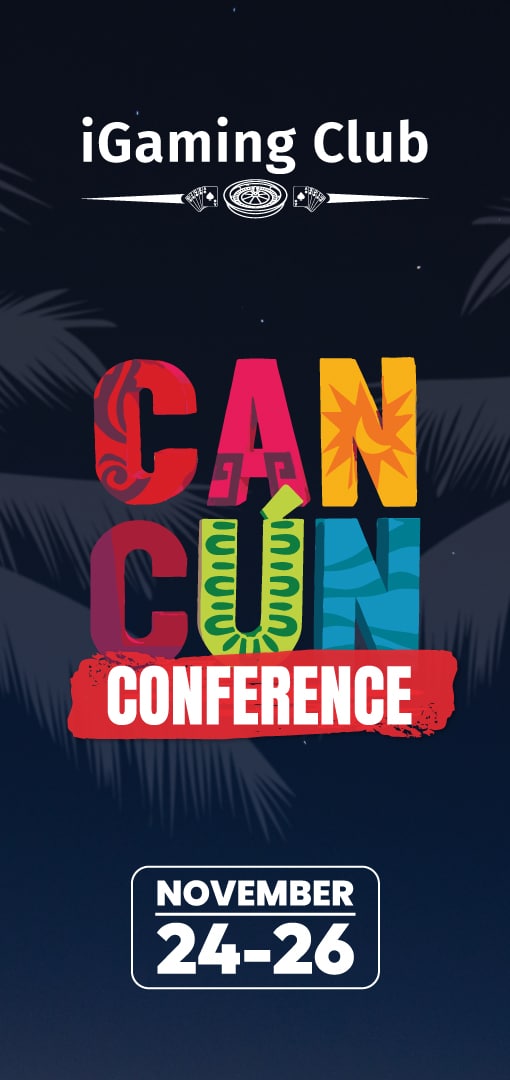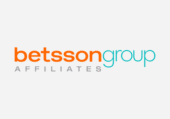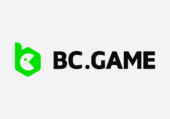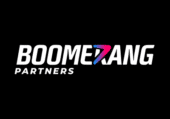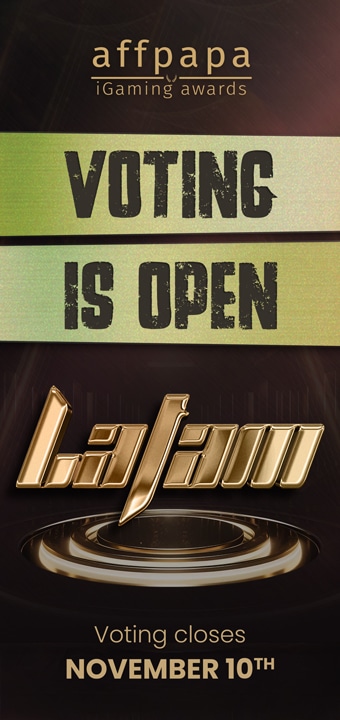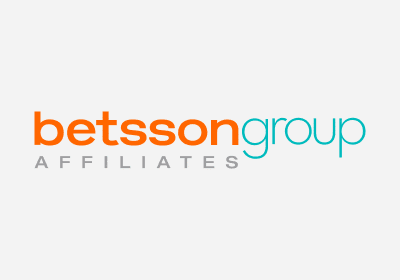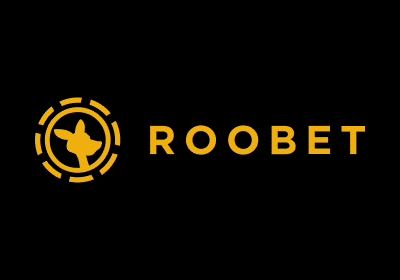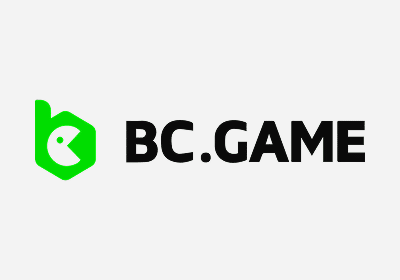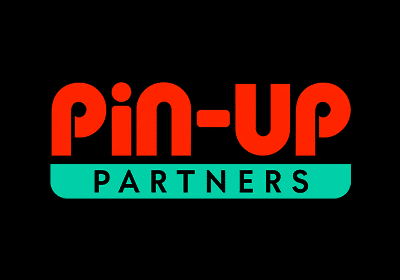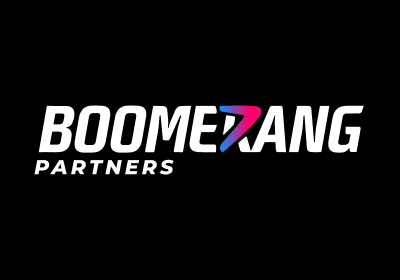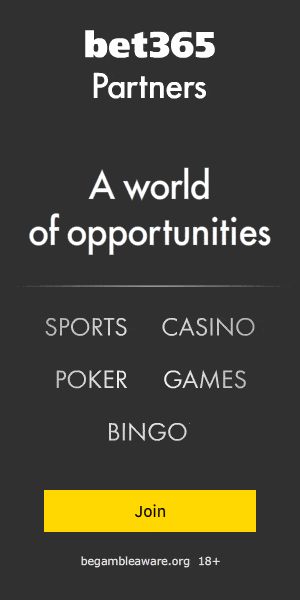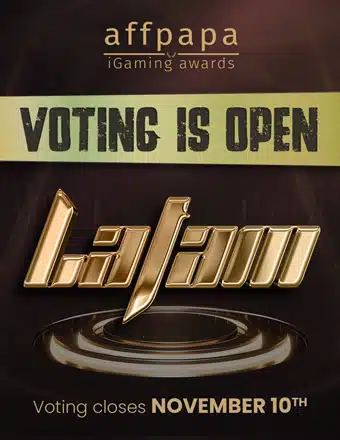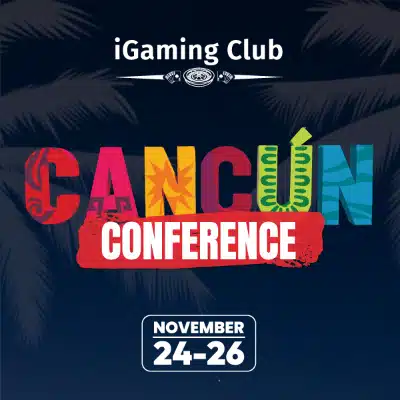Interview with Vladyslav Drapii – Partner at DS Solutions
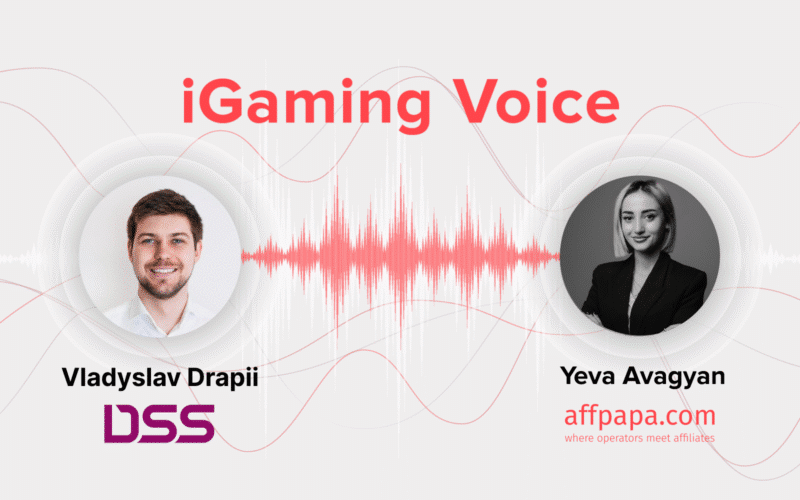
AffPapa interviewed Vladyslav Drapii, a Partner at DS Solutions, who discussed supporting affiliates in regulated markets, the ins and outs of US licensing, and the shift toward compliance-first platforms.
Yeva: Vladyslav, what was the idea behind creating DS Solutions, and how did your professional background shape your approach as a partner?
Together with my partner we founded DS Solutions as a legal and consulting firm with a clear focus — to support companies operating in highly regulated sectors like iGaming, fintech, and especially affiliate marketing. What I bring to the table is a deep understanding of licensing, compliance, and regulatory frameworks. Over time, as we’ve begun advising more affiliate companies, we’ve naturally grown into a firm that deeply understands their business model and legal risks.
Yeva: How has your experience shaped your understanding of affiliate ecosystems and how involved is DS Solutions in affiliate-facing projects? What kinds of platforms or tools have you helped develop for this sector?
We work with affiliate businesses every day — from startups to large networks — helping them stay compliant, scale across jurisdictions, and secure licenses where required. This gives us a front-row view of how affiliate ecosystems evolve. We’re not developers ourselves, but we work closely with platforms and tech teams to ensure the legal side is fully covered — whether that’s structuring legal entities across states, setting up compliant terms, managing contracts with operators, or advising on marketing restrictions by jurisdiction. Our legal input often shapes how platforms handle KYC, tracking, and revenue attribution.
Yeva: The US market is known for its state-by-state regulatory model. From your perspective, why is getting an affiliate license essential for any company aiming to operate or grow in this market?
If you’re serious about the U.S., there’s no way around licensing. Every state has its own rules, and affiliate licenses are increasingly becoming mandatory. Without them, you’re simply not allowed to legally drive traffic to licensed operators in many key states. But more than that — being licensed opens doors. It allows you to work with Tier 1 operators, advertise freely within that state, and avoid the constant risk of takedown or liability. It’s a legal necessity and a business enabler. This also allows you to capitalize your business, as having a US license is considered a great value asset.
Yeva: How do you see tech and platform development transforming to support affiliates operating under US licenses, particularly in terms of KYC, reporting, or geo-targeted marketing?
What we’re seeing is a shift toward compliance-first platforms. US licensing isn’t just about filling out forms — it means tracking every user’s geo-location, ensuring your marketing complies with that state’s rules, and being able to produce detailed affiliate reports on demand. Platforms are adapting to this by integrating geofencing, KYC modules, consent tracking, and real-time reporting. Our role is often to guide what those compliance modules need to include from a legal standpoint — so they actually meet regulatory expectations.
Yeva: For companies thinking about launching in the US, what should their affiliate strategy include from day one to ensure scalability and legal compliance?
Start with structure. Choose the right legal entities, jurisdictions, and contracts from day one — don’t “fix it later.” Second, map out the states you want to operate in and understand the license requirements early. And third, make sure your marketing and data collection are built for compliance — from clear user consent to compliant content distribution. We always advise clients to build a scalable framework from the beginning, so they don’t get stuck when regulators or partners ask questions down the line.
Most importantly, start with negotiating a deal with a US licensed operator as early as possible. This will take time and might be the longest part in the whole license obtaining process. This especially applies to small affiliate teams that do not have any experience with the US market. A signed operator agreement is the first thing we ask a prospective Client, since this is required to be provided at an initial stage to the regulatory authorities where a license is to be obtained.
Companies should expect around 2-3 months per state for a CPA license and around 6-12 months per state for a Revenue Share license. The latter is much more complex to obtain and requires a deep check from the FBI and other authorities of a prospective applicant company and its directors and shareholders.
Also, important to note, your licensed partner may not be licensed in all of your target states. Thus, you would either have to sign up with an operator having licenses in all of the states you are targeting, or sign up with multiple operators licensed in different states to cover all of the US. Also, new companies entering the market will most likely have an exclusivity clause in the agreement with an operator for the initial 6 months, as a way to stimulate the operator to sign the agreement so needed for the license. This is a thing to keep in mind.
Yeva: Do you believe that US licensing for affiliates is more of a compliance necessity, or can it also be a long-term competitive advantage?
It’s both. Yes, licensing is a regulatory necessity — but at the same time, it creates a real barrier to entry for competitors. Once you’re licensed, you’re in a much stronger position to partner with major operators, close better deals, and demonstrate trustworthiness to both regulators and investors. We’ve seen affiliate businesses use their licenses as a selling point in M&A discussions or funding rounds. It’s a strategic asset, not just a checkbox.
Yeva: What’s your personal take on the US market? Do you think we’ll see affiliate consolidation due to the licensing barrier, or will it drive new, innovative business models?
Both trends are happening at once. On the one hand, we are seeing consolidation — smaller affiliates are exiting or being acquired because the licensing process is too complex or expensive to manage alone. But on the other hand, we’re seeing innovation: new affiliate models focused on compliance-as-a-service, multi-state reporting tools, and even shared licensing platforms. The US is a complex market, but complexity breeds opportunity — and I think we’re just scratching the surface of what’s possible.
Company: DS Solutions
Interviewee: Vladyslav Drapii
Date: 11.08.2025
Delivering fresh updates on casino traffic trends, regional market highlights, practical guides for iGaming operators and affiliates—everything to stay informed and grow in the iGaming space. With a Bachelor's degree in Communication, my focus is on breaking down complex topics into clear and practical content.
